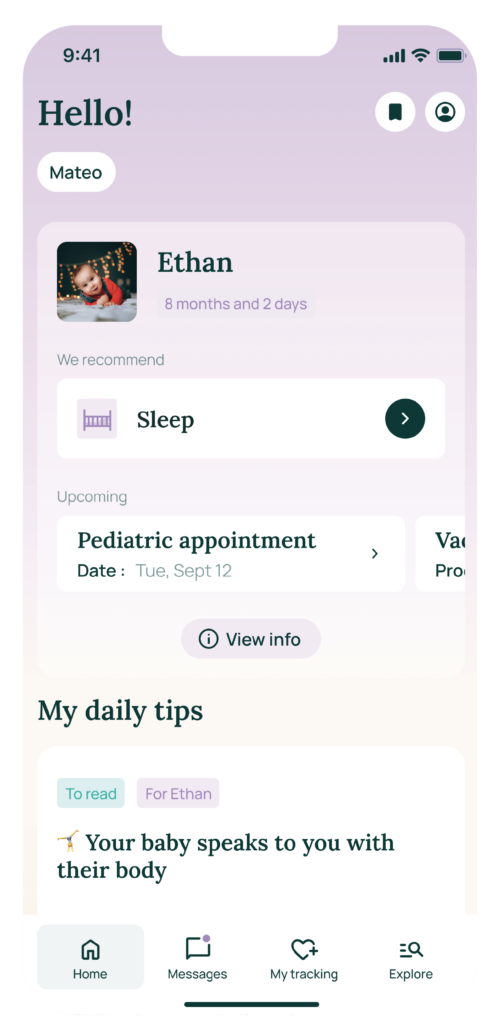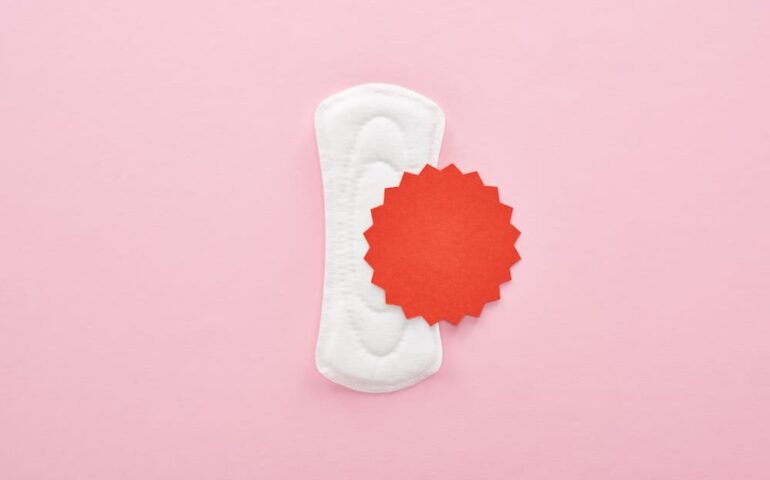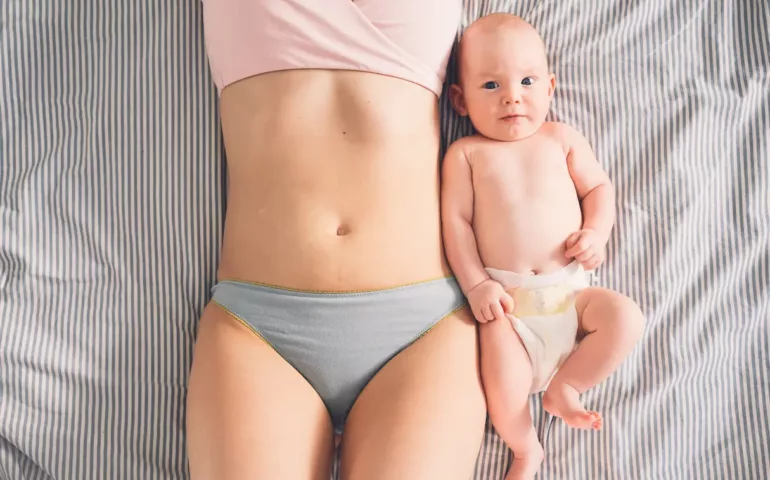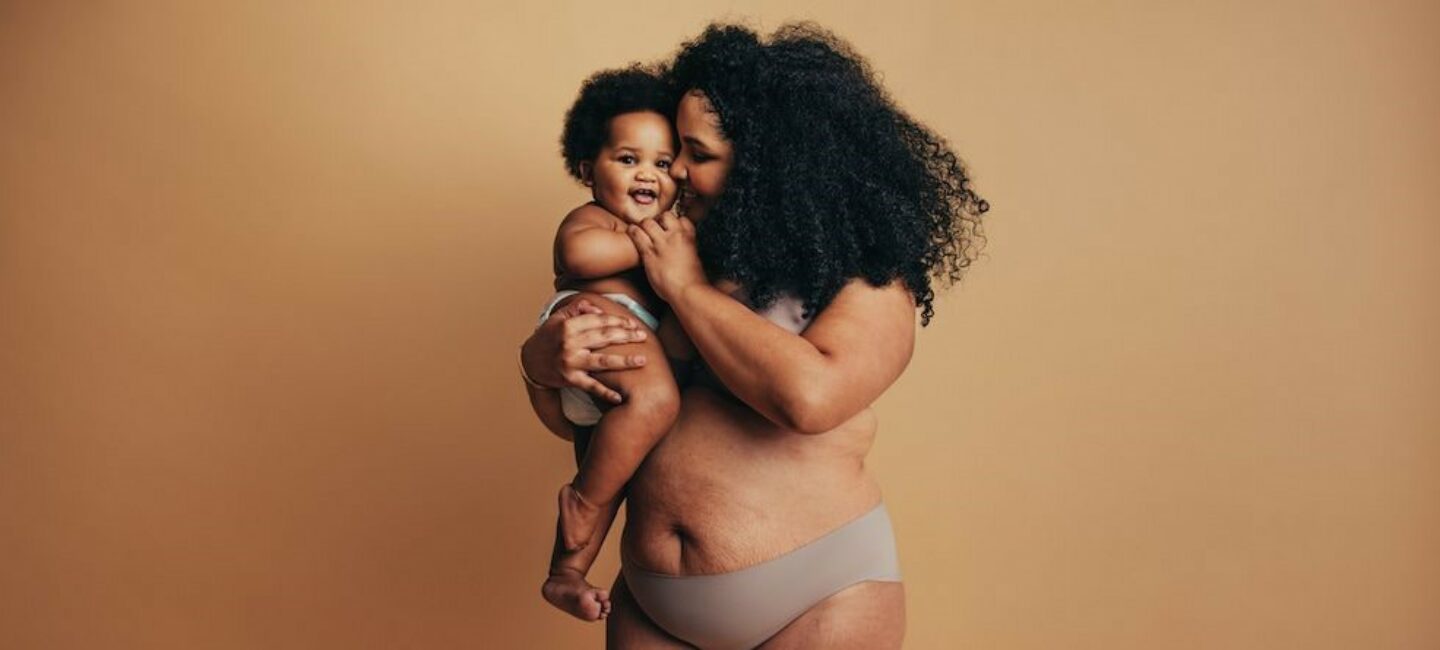
Our most viewed articles
All articles


Phlebitis after a C-section

Episiotomy: what should you do if the stitches come apart?

New Mom Gift: What Gift Should You Give?
Access more articles, tips, and Mya by downloading the May app
Try the app for free for 14 days.


Postpartum pads: how to choose them?

Taking care of your belly after childbirth
Postpartum: A Period of Intense Upheaval
Postpartum has sparked a lot of discussion and stirred minds for some time now… and that’s a good thing! Medically, it refers to the period from the end of childbirth to the return of menstruation. Things are actually more complex than that… Between physical changes and psychological upheavals, postpartum is a crucial period during which the new mother “learns” her role as a mother, meets her baby, and discovers her new body.
But what exactly are we talking about? Concretely, what is postpartum?
How long does postpartum last?
According to medical consensus, postpartum lasts 6 to 8 weeks. That is the time needed for the uterus to regain its original shape and position. However, postpartum does not rely only on the physical aspects linked to the end of pregnancy and childbirth! But also on the psychic upheavals caused by the arrival of a newborn. If we stick to this second perspective, the duration varies according to women. Some mothers describe their postpartum as a “fourth trimester” while in some cultures, especially in Chinese culture, a “40-day phase” is mentioned.
Postpartum: what discomforts?
The postpartum period is marked by hormonal drops… and other small physical discomforts. Let’s review some of them.
-
Lochia: These are the bleedings that occur after the placenta is expelled. Very heavy in the first days, rest assured, they decrease over time. Lochia is normal but if you use more than one sanitary pad per hour, if your bleeding smells very bad, or if you have a fever, see a health professional!
-
Afterpains: A word that makes us fear the worst, we admit… Nevertheless, nothing scary! These are contractions felt after childbirth that allow your uterus to retract so it regains its pre-pregnancy size. The more children a woman has, the more intensely the afterpains are felt, but taking painkillers greatly reduces the pain!
-
Postnatal consultation (between 6 and 8 weeks after childbirth) will allow you to take stock with your gynecologist or midwife.
The health professional then performs several checks: blood pressure, pulse, weight, assessment of the breasts, uterus, and perineal muscles. About ten pelvic floor rehabilitation sessions are prescribed by the professional during this appointment. These exercises are essential because they prevent or eliminate urinary disorders ;). Take advantage of this time to ask all your questions and share all your worries!
Postpartum depression and baby blues: what’s the difference?
You waited so long, imagined so much, idealized so much the meeting with your newborn but now you feel overwhelmed by contradictory emotions? What could be more normal… The body has been tested by 9 months of pregnancy and childbirth! Putting words on this emotionally turbulent period is important but can be difficult… we agree!
Baby blues: a transient state
Ah… baby blues! Many mothers experience it (nearly 80%) after childbirth. It lasts 15 days maximum and occurs because of the emotional upheaval caused by the arrival of a newborn.
Fatigue, mood swings, lack of sleep… maybe impressive but NOT SERIOUS. No miracle solution: the best thing is to rest well and be well surrounded during this period! However, if you notice the situation is not improving and your state is worsening, see a health professional.
Postpartum depression: less taboo
Postpartum depression (PPD), on the other hand, occurs within the first 4 weeks after childbirth. Its main symptoms are: depressive mood, deep sadness, anxiety, decreased interest and pleasure, loss of appetite, weight loss, sleep disorders, guilt, etc.
Postpartum depression is common but insidious because it is difficult to diagnose. Don’t blame yourself and know that you are not alone. Surround yourself, ask for help. And be vigilant: in case of suicidal thoughts, see a health professional urgently!
For a long time, women had to consider the arrival of a child as the most beautiful thing in the world and especially not complain… Often minimized, the veil is gradually lifting on maternal suffering. We keep saying it: surround yourself and keep in mind that this does not make you a bad mother. One is not born a mother, one becomes one.
Weight loss after childbirth
Weight loss is one of the big postpartum topics… However: everything in its time. During childbirth, the mother loses between 4 and 6 kg on average (that’s already something!). Some women lose their pregnancy kilos quickly while for others, it’s more complicated. Many factors influence weight loss: breastfeeding, metabolism, water retention evacuation, number of kilos gained during pregnancy, age, physical activity, and sleep… The list is long!
If it is really a subject that worries you, you can turn to a nutritionist or dietitian to get advice. Keep in mind that you just gave birth; try to be kind to your body that carried this little being for 9 months!
You are a young mother: avoid being too hard on yourself. And rest assured, you will eventually find your rhythm with your baby. It’s better to avoid hiding your suffering. Take care of your mental and physical health above all!
